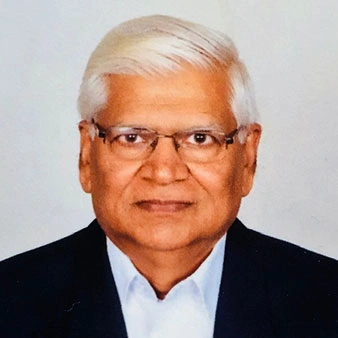Topic
Twist in the Tale of human-wildlife conflict - Vivek Deshpande, Poonam Dhanwatey, Ambika Aiyadurai, Arvind Jha In Conversation with Sangeeta Varma
On 20th 05.00 PM TO 05:40 PM
Ms Sangeeta Varma - began the session by asking the question to the panel for the Discussion of what is conflict. According to Ms Ambika Aiyadurai - conflict is when you try to conquer other spaces by overlooking their needs. And Mr Vivek Despande - said in Society humans express their anger or discomfort through words but by speaking power the animals don’t have their reaction towards us we label them tamed or Wild but they too have feelings. Mr Arvind Jha - said the professionalism of the forest Department plays a crucial role in making peace between the conflict of humans and Wildlife, their approach is sensitivity towards the animals. Since the time of Earth’s creation from ages it is passed from generation to generation that you need to create balance in nature, when we say nature consists of human beings and animals are the vital elements of the earth. The role of animals in various cultures is undeniable. Ms Poonam Dhanwatey - said that there is something to learn from Pardhi’s ways of dealing with animals and how they make peace with humans & wildlife in the jungle. The cases of wild animals such as leopards or tigers making the trip to the human locality is due to our encroachment in wildlife space. The Samruddhi project has shown the way. Forest area is conquered by humans through roadways. Humans undertake the study where there is a number of conflicts between humans & wildlife in large numbers. Proper education should be provided from a young age to increase tolerance towards wildlife. Empathy should be taught in school towards nature and animals. Not only towards humans but with all things they find in nature before it is too late. Each session was interesting, informative and engaging which gave the audience a different perspective through the talk, and discussion delivered by eminent people. After every session audience’s questions were addressed by the speakers.
